Sorrow is knowledge, those that know the most must mourn the deepest, the tree of knowledge is not the tree of life
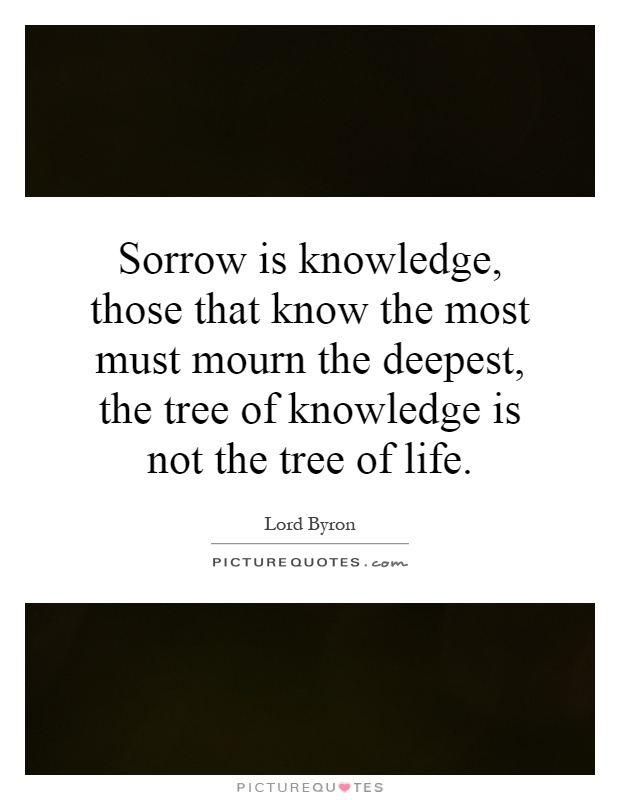
Sorrow is knowledge, those that know the most must mourn the deepest, the tree of knowledge is not the tree of life
Lord Byron, a prominent figure in the Romantic literary movement, was known for his melancholic and introspective poetry that often delved into themes of sorrow, loss, and the complexities of human emotion. His works often reflected his own personal struggles and experiences, making him a fitting lens through which to explore the idea that "sorrow is knowledge, those that know the most must mourn the deepest, the tree of knowledge is not the tree of life."In many of Byron's poems, such as "Childe Harold's Pilgrimage" and "Manfred," the protagonist grapples with deep feelings of sorrow and despair, often stemming from a profound understanding of the world and the human condition. Byron believed that true knowledge and wisdom came from experiencing pain and suffering, and that those who were most attuned to the complexities of life were also the ones who felt the deepest sense of loss and grief.
Byron's own tumultuous personal life, marked by scandal, heartbreak, and exile, further underscores his belief in the connection between knowledge and sorrow. His relationships with women, including his tumultuous affair with Lady Caroline Lamb and his doomed marriage to Annabella Milbanke, were fraught with emotional turmoil and ultimately ended in tragedy. These experiences undoubtedly shaped Byron's worldview and informed his poetry, which often explored the darker aspects of human nature and the consequences of passion and desire.
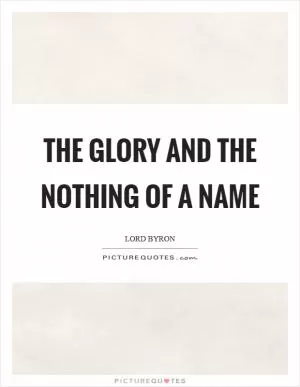
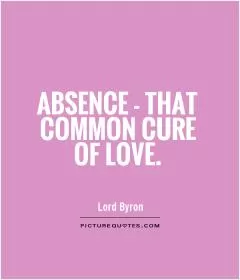

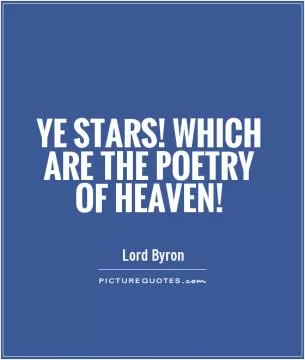

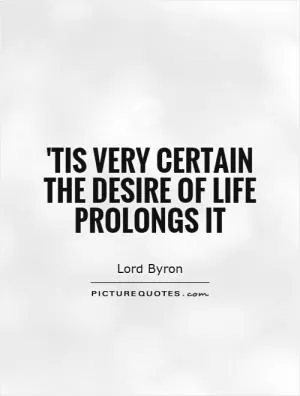






 Friendship Quotes
Friendship Quotes Love Quotes
Love Quotes Life Quotes
Life Quotes Funny Quotes
Funny Quotes Motivational Quotes
Motivational Quotes Inspirational Quotes
Inspirational Quotes